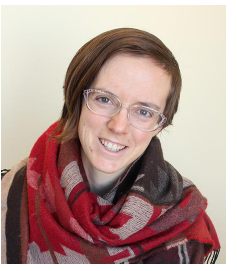K-State Libraries
 |
 |
| Jason Coleman | Carol Sevin |
Abstract
Platforms that leverage Large Language Models can do much more than write sonnets or tell you what you can bake with the ingredients you have on hand. As Science Librarians, we are particularly interested in their ability to expedite and enhance information discovery, comprehension, analysis, and synthesis. In the core of this presentation, we will provide an overview of the vast array of tools in this space by categorizing them, explaining how they operate, and illustrating some of their most impressive capabilities and most disconcerting weaknesses. Here, our discussion of mechanisms will include brief descriptions of deep learning, transformer architectures, semantic search, retrieval augmented generation, coding capabilities, and test-time compute. Next, we will highlight several other use cases, including hypothesis generation, data analysis, simulation, assistance with LaTex formatting, diagram creation, alt-text creation, and translation. We will conclude by describing the AI-related equipment, services, and learning resources we offer at K-State Libraries.
Bios
Carol Sevin is a science librarian in K-State Libraries’ Academic Services department. She supports researchers, including physicists, through in-class instruction, workshops, and research consultations. As a founding member of the Libraries' AI Steering Committee, she promotes public awareness and engagement with generative AI while fostering critical thinking and informed decision-making among its consumers.Carol has also been involved with programming and direction in the Sunderland Foundation Innovation Lab. Her research interests include:- The role of librarians in science identity development
- Culture and belonging in makerspaces and libraries
- How libraries and interdisciplinary initiatives address technical learning needs.